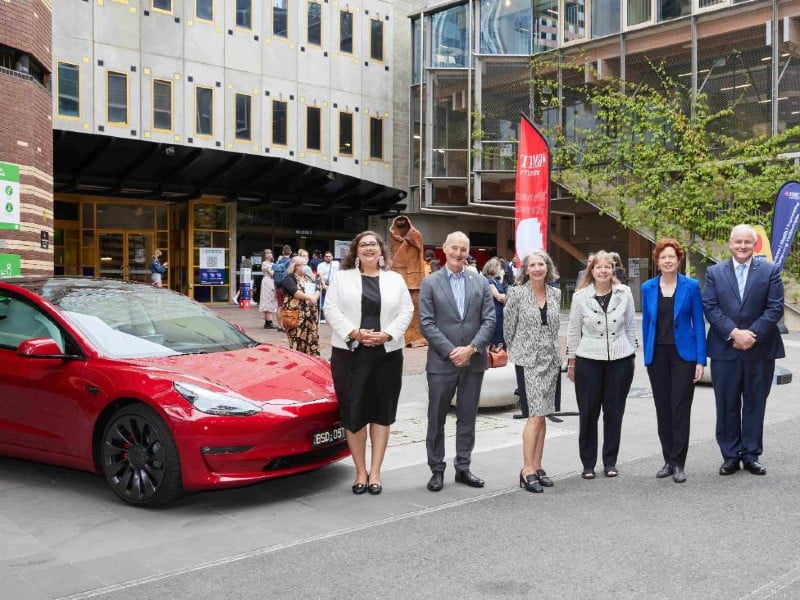The federal and Victorian governments have backed electric vehicle infrastructure and research in the state with two separate funding announcements.
The Commonwealth government announced on Tuesday that it will invest $6.1 million in Victorian-founded electric vehicle (EV) charging company JET Charge through the Clean Energy Finance Corporation’s (CEFC) $200 million Clean Energy Innovation Fund.
In a separate announcement on the same day, the Victorian government stumped up $5.2 million for an EV research facility in the state.

Currently a quarter of Victoria’s greenhouse gas emissions is produced by transport. Both of Tuesday’s announcement will help the state in its goal to run a zero-emission public bus fleet by 2025, and to reach net-zero emissions by 2030.
The Commonwealth investment in JET Charge is part of its recently completed $25 million funding round and is the second time the CEFC has invested in the company after the fund contributed $3.5 million in 2020.
The funding boost will assist the company in continuing to grow its workforce, which currently sits at 100 people across Australia and New Zealand.
“We are proud to be creating a skilled workforce for the future and look forward to welcoming hundreds of people committed to a low-emissions transport future over the coming years. This funding will allow us to realise ambitious plans immediately as well as invest in research and development to remain at the forefront of innovation in our sector,” JET Charge founder Tim Washington said.
JET Charge’s stations are 10 times more powerful than standard wall outlets, and can be found in public car parks, electric bus depots and in homes. The smart charging technology can adjust the rate of energy it supplies depending on the load on the grid or to match the times when renewable generation is at its greatest.
The CEFC has now committed $9.54 billion as of the end of the last financial year.
Industry minister Angus Taylor said the latest funding round shows the government’s commitment to rolling out low-emissions transport technology around the country.
“Building additional charging infrastructure is key to removing range anxiety and supporting consumer choice. More and more Australians are already making this choice, with plug-in EV sales tripling last year. This investment will support this number to grow even further,” Mr Taylor said.
The other announcement on Tuesday saw the Victorian government commit more than $5 million to a new electric vehicle research facility based at RMIT, which it says is the first of its kind in the southern hemisphere.
The money will come from the Victorian Higher Education State Investment Fund and will complement the university’s microgrid and renewable generation facilities.
The research facility will focus on the new Electric Vehicle Living Lab, with EV charging stations and regenerative grid and battery simulators, along with other equipment.
The research will be undertaken by an RMIT-led consortium, including Monash and La Trobe University, Siemens, the City of Melbourne and CitiPower.
RMIT deputy vice-chancellor, research and innovation, Professor Calum Drummond said the ongoing electrification research is important in keeping the power grid stable.
“We’ll be developing cutting-edge battery technology and simulating the impacts of wide-scale electric vehicle adoption on electricity grid loading, prices and the broader system,” Professor Drummond said.
“As well as applied technology development, a full-scale applied research project will inform policy towards Victoria’s net-zero emissions targets in the transport sector, proactively addressing both likely and unforeseen challenges as electric vehicles are adopted at accelerated rates.”
These announcement come after the Electric Vehicle Council revealed at the end of January that EV sales had nearly tripled to 20,655 cars from 2020-21. This was followed by a report by the Australia Institute on February 9 encouraging the government to seize the EV opportunity to restore Australia’s manufacturing capacity.
Do you know more? Contact James Riley via Email.

